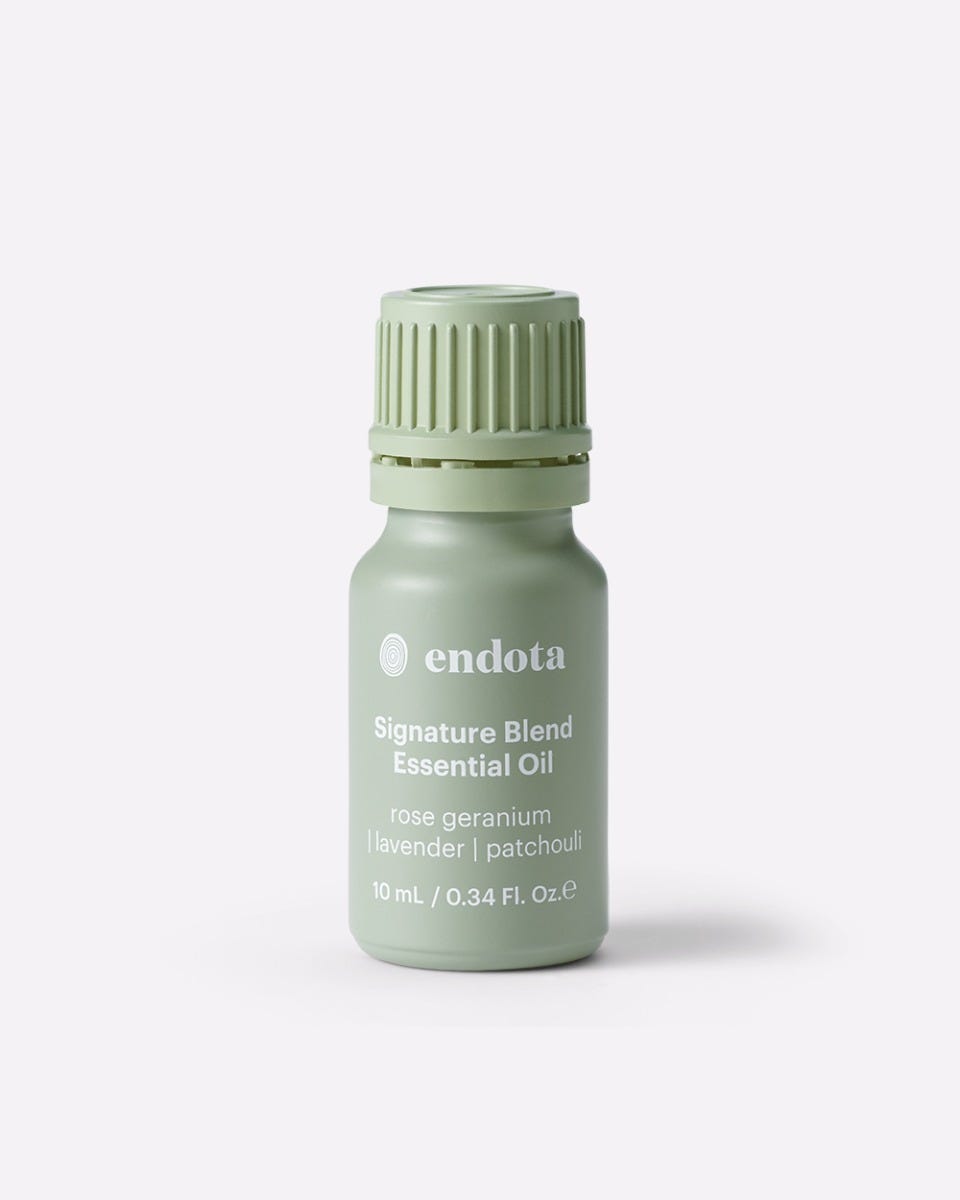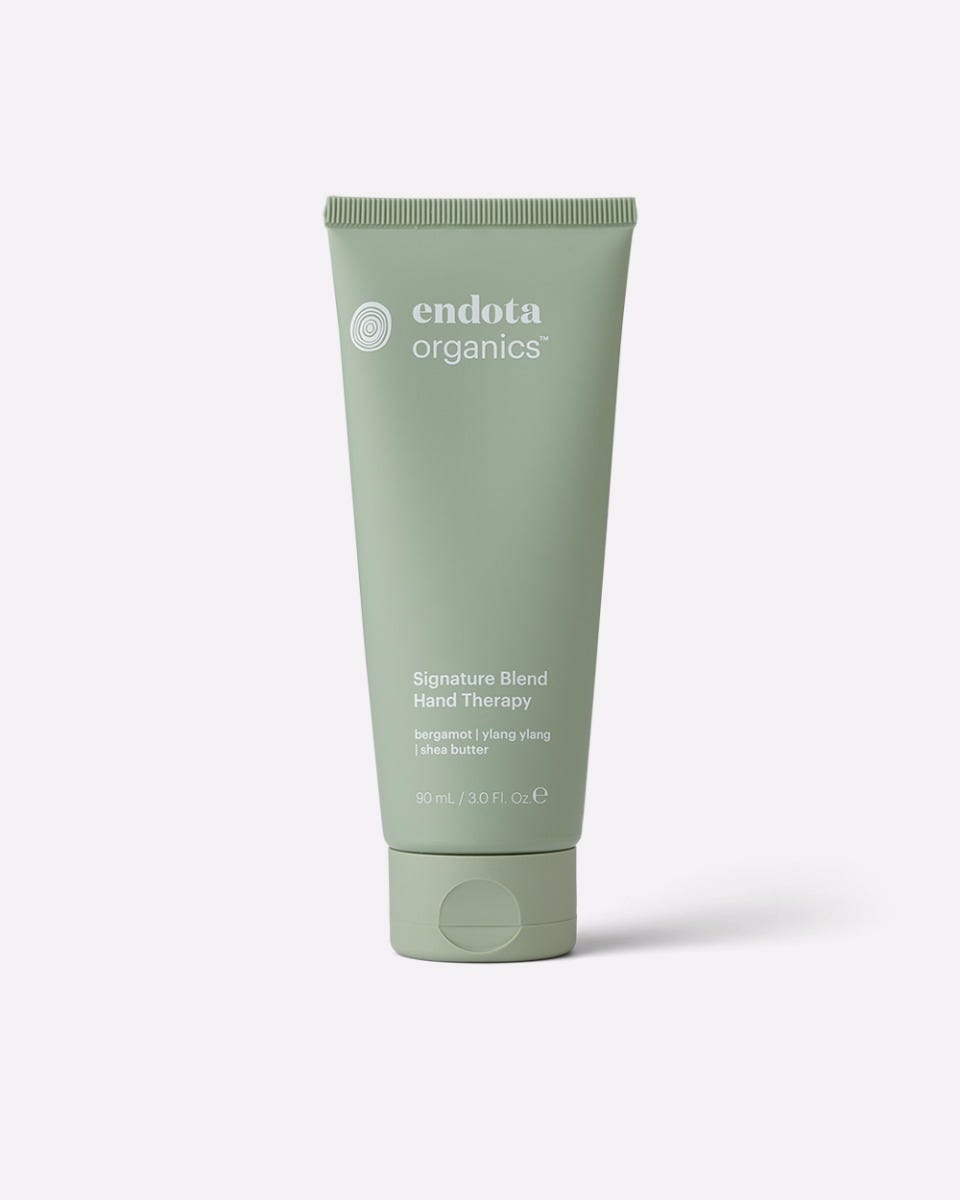In conversation with Dr Hayley Dickinson
If knowledge is power, then gaining insight and drawing from expert research on the female body can only be described as empowerment. As our endota community members continue to explore new ways to achieve wellness and self connection, we are excited to extend the resources we offer on haven to deepen our understanding of female health. This helpful guidance will be brought to you from a range of trustworthy and knowledgeable sources in women’s health. We hope you will be enlightened and inspired as we begin our exclusive series with leading insights from the field, and warmly invite you to join in the conversation.
In our first instalment, we meet women’s health expert, Dr Hayley Dickinson, BSc (Hons), PhD. In addition to a successful career as a respected scientific advisor and researcher, Hayley is also a mother committed to her own journey of self-care. Her dedication to women’s and children’s health recently resulted in the founding of her own company, Eat for Baby; while her personal quest is to work with and inspire as many women as she can to achieve their health and wellbeing goals, and prioritise themselves and their individual needs.
In collaboration with endota, I want to encourage conversations about the things that really matter to women. I'm thrilled to introduce this space where we can come together and share our stories openly within a safe community.
Women face unique healthcare challenges. For many of us, simply finding time to meet our healthcare needs is difficult. Generally speaking, we are the ones providing care and support to others in our families and communities. We do not often enough prioritise our own needs.
Contemporary health care often lets us down. Historically, early phase clinical trials and medical research studies relied on male subjects. In some instances, this has resulted in the evidence for women’s healthcare being inadequate. Many conditions that affect only women, such as endometriosis, are poorly understood and without effective treatment. Many hormonal therapies are prescribed to women without adequate discussion about their potential side effects and risks. Unwanted side effects of prescription medications are more common in women than men
By sharing our healthcare knowledge with you, we hope to empower you to ask the ‘tough’ questions when you seek medical care: “What might be the side effects of this medication for me?”; and if you aren’t comfortable with the side effects, ask “What are the alternatives?”. We have to drive change in the way our healthcare is provided. In Australia, half of the adult population has been diagnosed with a chronic illness. Half the population! These chronic conditions have become so common that they are almost the new normal. Being unwell is not normal.
Instead of relying on a healthcare system that isn’t really working, particularly for women, we encourage you to find self-care strategies to improve your own health and wellbeing. Decisions we make on a day-to-day basis – such as the foods we eat, our work and play, our thoughts and the environment around us – affect every function in our body, for better and worse. Educating people adequately about how our bodies work, and how they change over the life-course, is not a staple of our primary and secondary curricula. Most of us are short-changed on the knowledge required to better understand ourselves and make informed decisions that can positively benefit our health and wellbeing.
Women should be encouraged to embrace the cyclic nature of their female physiology. We have so much strength and power, but to harness that power we need to work with our natural rhythms, not against them. Moreover, our minds and bodies are not separate entities; they are very much connected, and each has a direct effect on the other.
Increasing our knowledge of how our bodies work, and how our day-to-day lifestyle choices affect our health and wellbeing, can empower us to ask more informed questions when we seek medical help. It may also give us the confidence to look for alternatives when the advice we are given just doesn’t feel right.
In this spirit, I invite you to join the conversation on women's health and wellbeing and embark on this new journey towards wellness together.
Take some time out to share your experiences of your own health and self-care as a woman. We’d love to hear your comments and stories.
Write to Dr Hayley at haven@endota.com.au
Disclaimer:
Dr Hayley Dickinson is a research scientist with a PhD in women’s reproductive health, who does not claim to be a medical practitioner. We seek to offer insights into the health of women experiencing the reproductive, menstrual and hormonal characteristics of female biology. In addition, we offer scientific insight into wellness and lifestyle choices relevant to all. Neither endota nor Dr Hayley Dickinson accept any liability for the information or advice (or use of such information or advice) which is provided in this blog or incorporated into it by reference. We provide this information on the understanding that all persons accessing it take responsibility for evaluating its relevance and accuracy. Women are encouraged to discuss their health needs with a health practitioner. If you have concerns about your health, you should seek advice from your health care provider or if you require urgent care you should go to the nearest hospital Emergency Department. © endota, September 2018








